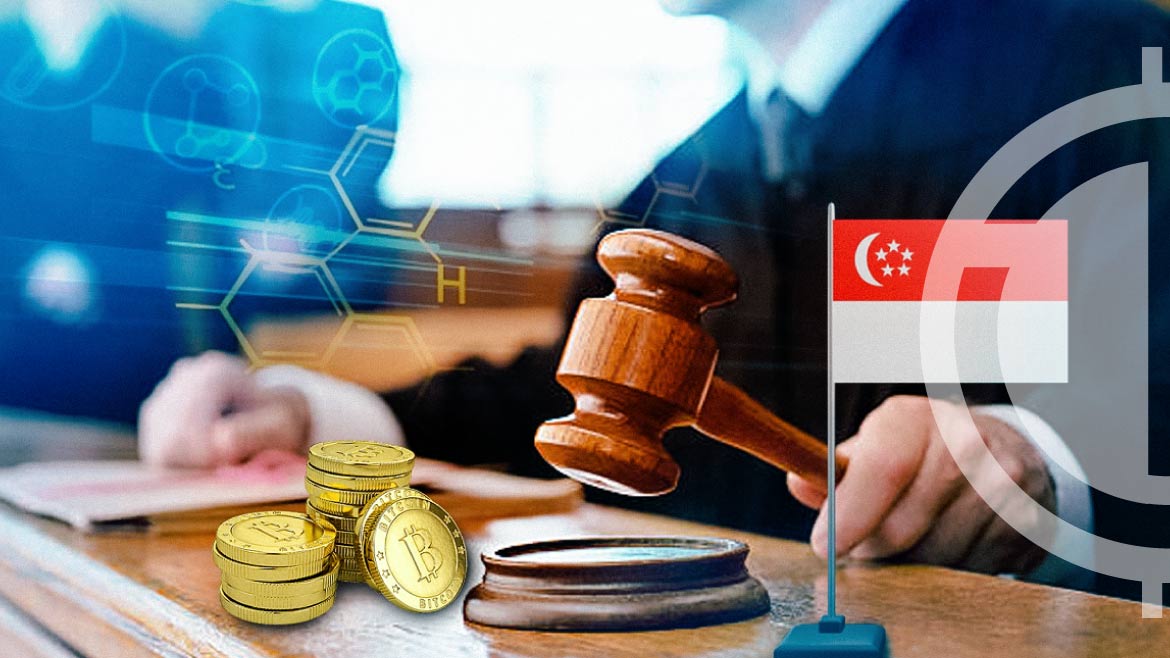- The Singapore High Court recently delivered a ruling recognizing crypto assets as personal property.
- The court’s ruling came in a lawsuit involving Seychelles-based crypto exchange Bybit.
- The judge ruled that crypto assets like USDT are capable of being held on trust.
The General Division of the Singapore High Court recently entered a summary judgment that recognized crypto assets as personal property. The crypto community saw this as a landmark ruling with the potential to influence ongoing legal matters around the world involving crypto assets.
The summary judgment was delivered as part of a lawsuit filed by Seychelles-based crypto exchange Bybit against a former employee named Ms Ho. The crypto exchange accused the employee of illegally sending more than 4.2 million USDT from the exchange’s account to secret crypto wallets controlled by her.
The defendants in Bybit’s lawsuit involved bankrupt crypto exchange FTX and leading enterprise blockchain firm Consensys. According to the court’s ruling, Judge Philip Jeyaretnam determined that there was essentially no difference between crypto assets, fiat currency, or even something like beads since they all were accepted in some form through the collective act of mutual faith.
In his summary judgment motion, Judge Philip Jeyaretnam ruled:
My conclusion is therefore that the holder of a crypto asset has in principle an incorporeal right of property recognisable by the common law as a thing in action and so enforceable in court.
According to the High Court judge, crypto assets like USDT qualify as personal property that can be held on trust. To that end, the judge determined that Ms Ho held Bybit’s fiat currency as well as USDT on trust for the crypto exchange. Judge Jeyaretnam also cited a consultation paper issued by the Monetary Authority of Singapore (MAS), which proposed regulatory measures to allow digital assets to be held on trust.
Bybit was also awarded costs of $45,000 by the High Court, in addition to disbursements of $11,500. Ms Ho was ordered to immediately return the funds along with interest at the standard rate of 5.33% per annum.






